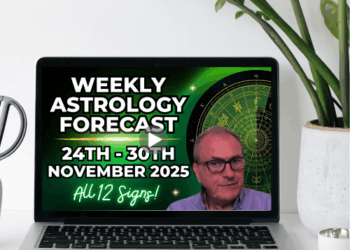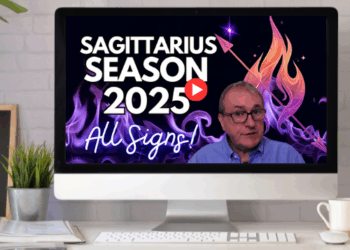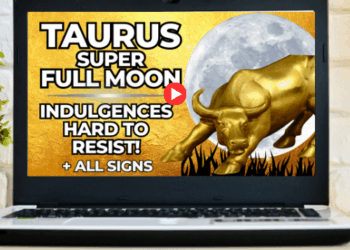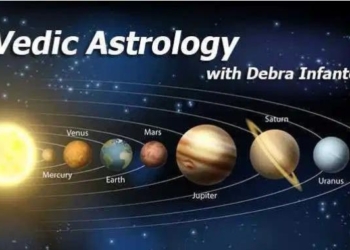This is the first part of a series of posts I am writing here on CLN about how to develop powerful intuitive skills (integrated intelligence). Integrated intelligence is closely related to the classical idea of intuition, connecting us with a stream of consciousness which transcends the limits of immediate space and time. Each of these posts is an extract from my upcoming book “How to develop profound intuition.” So stay tuned for further insights.
Perhaps the greatest obstacle to developing profound intuition is the civilization barrier. Mainstream Western science and education has rejected most of the cognitive functions associated with spirituality, religion and superstition – which are often naively placed in the same category. Given that the idea of a brain-transcending cognitive mental ability is clearly considered “paranormal,” or equated with mental illness, we set out on the journey to profound intuition on rather uneasy footing.
The fact is that there is a stigma involved with developing the mind in the way I am suggesting. If this were a book about how to develop your logical thinking skills or raise your IQ, you wouldn't have to worry about anybody finding it lying on the sofa or your computer desktop. If you are a male, it is even worse, as men are supposed to be hard-minded, straight-thinking individuals who have no time for “woo-woo” nonsense.
It is true that the intuitive mind represents a “fuzzy” intelligence. It can be problematic to employ. Firstly, it can be difficult to distinguish genuine intuitions from other cognitive functions such as anticipation, fear, imagination and so on. Secondly, it is often impossible to verify intuitions, unlike, say, mathematics, where it is perfectly possible to obtain “the one right answer.” Finally, it has to be said a lot of people employ intuition poorly, making endless mistakes and just plain deluding themselves.
But the same can be said of almost any mental discipline. So let's not throw the baby out with the bathwater. The intuitive mind is a pathway to a genuine power and a wisdom mindset that are invaluable for human beings. In fact, I believe you cannot be a fully empowered and wise human being without having developed your intuitive mind. This is because the abstract/conceptual thinking of “rationality” is dissociated from the body and from deep inner knowings. In short, you need to develop both “hard” and “soft” mental abilities.
Unfortunately there is not much you can do about the culture in which you live and the perceptions of others, even when they are based on ignorance and misunderstanding. You have to develop a very strong sense of self and detach from the judgments of others.
It is no different for me. I have to negotiate the mundane world with such issues constantly in mind. I am a teacher and researcher with a PhD, and am a member of the World Futures Studies Federation. And I can assure you that “precognition” – to choose just one intuitive cognitive function – is not considered a valid discussion point amongst fellow futurists. I rarely talk about the intuitive mind when I am teaching. But I can assure you I am employing that very intelligence at all times!
It would be very easy to simply dismiss the idea of integrated intelligence as delusional mumbo-jumbo. Many people – probably most men it has to be stated – do exactly that. But if you have read this far without deleting this book then there is hope yet that I can persuade you not to throw away a massive and vital part of your mind and life experience simply because these mental processes are not supported by the greater community.
Yes, it's tough to do what I am suggesting – to take time to develop integrated intelligence. You will need courage and persistence. You probably won't get a lot of support from others (although if you can find such support with friends of specific communities, great). Indeed, some people will try to stop you. This is not usually due to malicious intent, but because they just haven't got a clue what you are doing.
So you can see why not many people develop profound intuition.The courage, resilience and self-belief required can be immense; and when you don't have the support structures around you to validate what you are doing, it is easy to give up. It is easy to simply accept that greater society is right about the nature of the mind, and you are wrong.
Don't be one of these people.
In my next post on this topic, I will provide a profound example from my own recent life, where I needed to trust my intuition when everyone else and “the world” was telling me otherwise. It's a story with a happy ending – it's just the beginning and middle bits that get nasty.
 Marcus T Anthony, PhD is the author of ten books about human awakening, including Discover Your Soul Template. He is also a life coach and teacher of profound intuition. His web site is www.mind-futures.com.
Marcus T Anthony, PhD is the author of ten books about human awakening, including Discover Your Soul Template. He is also a life coach and teacher of profound intuition. His web site is www.mind-futures.com.















I believe we are inherently creative knowing and loving part of Source/God but have forgotten which is what the Hebrew meaning of sin describes a state of unconsciousness a missing the Mark.
Actually I know exactly what you are talking about. I enjoy what I call bouncing. I think it, they say it. I’m not sure if I am picking up what they are thinking or they are picking up what I’m thinking, but it makes me smile it happens so often. The other is what when I was younger I referred to as my 1st voice or now as others would say, intuition. I depend on it as my voice of wisdom or knowledge which knows.